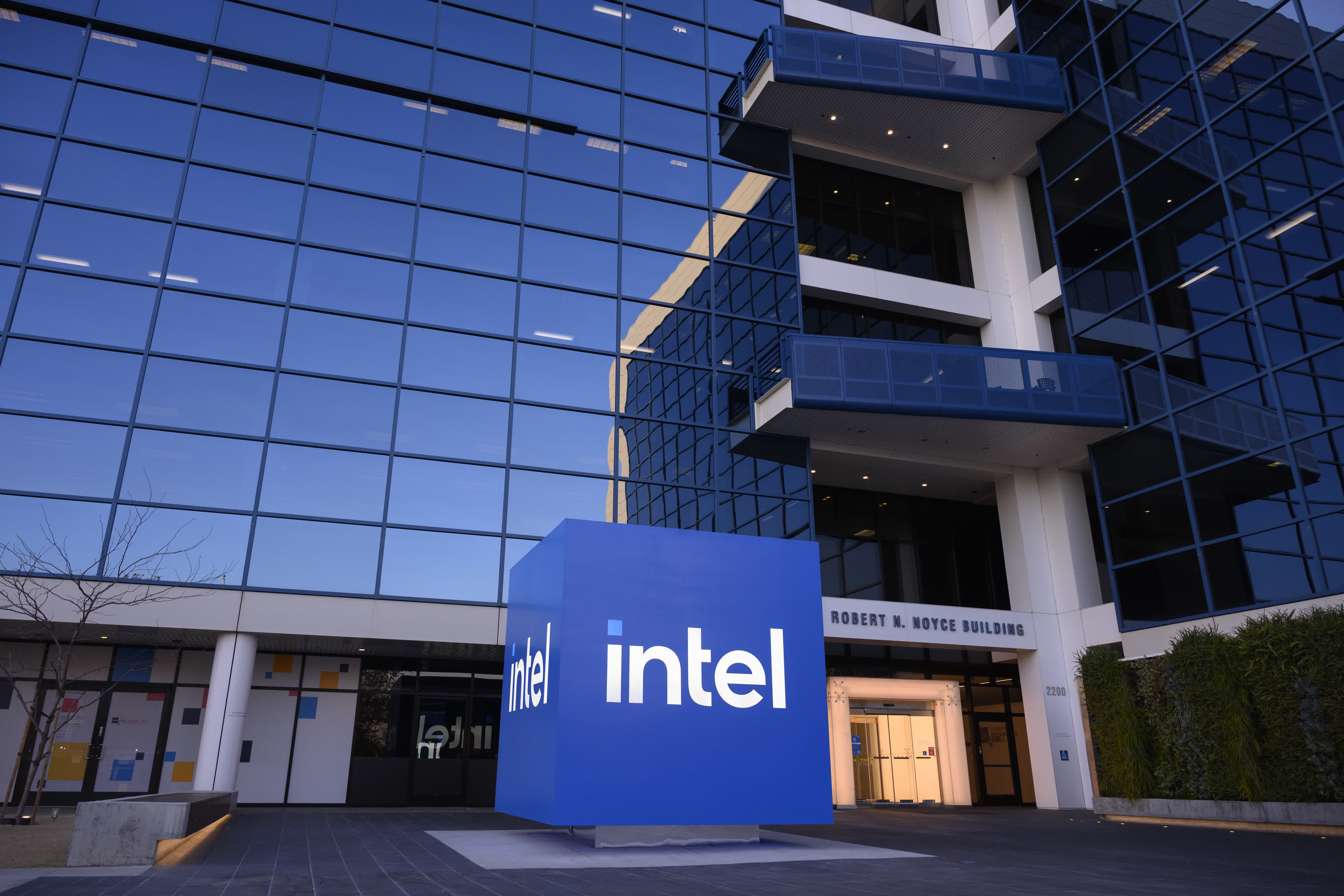winjer
Gold Member

Intel posts biggest quarterly loss in company history as processor sales plunge
Intel isn't in great shape right now. The tech giant's Q1 2023 revenues fell 36 percent year-over-year to $11.7 billion – the largest drop recorded by the...
 www.techspot.com
www.techspot.com

Intel Posts Its Biggest Loss on Record in Q1 2023: Rock Bottom or a Sinking Ship?
Intel has reported a GAAP loss of $2.8 billion for Q1 2023, which constitutes a new record going as far back as 1993
The tech giant's Q1 2023 revenues fell 36 percent year-over-year to $11.7 billion – the largest drop recorded by the company in its 55 years of existence. While it did pay dividends of over $1.5 billion, investors are worried about the long-term profitability of the company as its gross margin dropped from 50.4 percent in Q1 to 34.2 percent in the first quarter of this year.
When zooming in on the latest financial report, the figures look brutal for Intel. The Client Computing Group (CCG) recorded $5.8 billion in revenue in the first three months of 2023, a sharp 28 percent decline year-over-year. Like Samsung, the Santa Clara company blames low consumer demand and inventory adjustments at OEMs for the result.
Still, CCG remains the biggest revenue driver and CEO Pat Gelsinger expressed optimism about a potential recovery in consumer and enterprise spending on PC and server processors. It's also worth noting that Intel recently reorganized its GPU division into two smaller units that are now integrated into the Client Computing Group and Data Center and AI Group, respectively.
Intel believes it can become a major player in the discrete GPU market and has laid out an aggressive roadmap for 2nd and 3rd-gen Arc GPUs, codenamed Battlemage and Celestial. So far it has only managed to capture six percent of the global market for laptop and desktop GPUs, which is a good start but not great for the bottom line. Intel fellow Tom Petersen earlier this year confirmed the company is sacrificing profit margins to grow market share, while the GPU division burned at least $3.5 billion between Q1 2021 and its recent reorganization in Q4 2022.
Moving on to the Data Center and AI Group (DCAI), it recorded $3.7 billion in revenue in the three months of 2023, a staggering 39 percent drop compared to the same period last year. This is an area where Gelsinger believes the worst is yet to come, and it's not hard to see why. Overall sales of x86 server chips are down, OEMs have surplus inventory, and AMD is happily chipping away at Intel's market share while Amazon, Facebook, and other tech giants are keen on embracing custom silicon based on Arm designs.
The Network and Edge Group (NEX) fared slightly better, though it still saw a 30 percent year-over-year drop to $1.5 billion in Q1 2023. Meanwhile, Intel Foundry Services (IFS) made a meager $118 in total sales and lost $140 million, something Intel says is the result of surging costs for building new fabs. IFS is central to Intel's strategy for the next decade, as the company wants to catch up with the likes of TSMC by 2025 and become a coveted contract chip manufacturer for companies both big and small.
MobilEye – a company Intel bought in 2017 to develop self-driving tech – is the only bright spot in an otherwise gloomy financial report. It recorded revenues of $458 million in Q1 2023, which is a healthy 16 percent increase year-over-year.
During an investor call, Intel briefly noted it is currently ramping up production on Intel 4 wafers, while development on Intel 3, Intel 20A, and Intel 18A remains on track. We expect the company will launch its Meteor Lake processors in the second half of this year, and these will be the first designs to also use TSMC nodes for the GPU, SoC, and I/O tiles in addition to Intel's own process technology.






